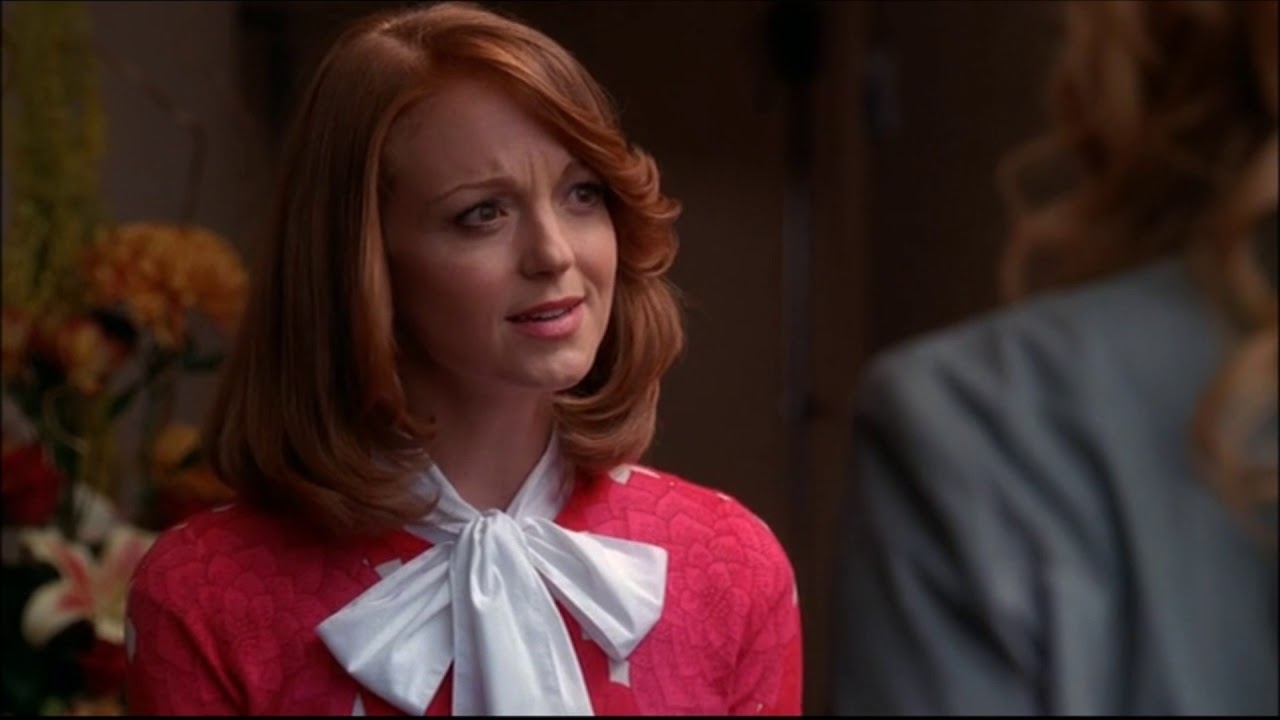In the bustling halls of Maplewood High School, a heated confrontation unfolded between Emma, a spirited student, and Principal Figgins, the school’s authoritative figure. This clash of personalities brought to light the complexities of student-administrator dynamics and shed light on the importance of effective communication in a school setting. Join us as we delve into the intricacies of this incident and explore the broader implications it holds for school communities.
The phrase “Emma argues with Principal Figgins” has transcended the boundaries of a single episode in Glee and become a cultural touchstone. It encapsulates the age-old conflict between youthful idealism and established authority, playing out in the microcosm of high school. But why does this specific scenario resonate so deeply? Let’s delve into the recurring motif and explore its deeper meaning.
The Power of the Underdog: Emma Pillsbury, the optimistic and often naive guidance counselor, embodies the underdog spirit. She fights for what she believes in, even when it means challenging the status quo represented Principal Figgins. This dynamic taps into a universal human desire to see the little guy stand up for themselves and potentially win.
Beyond Black and White: While Emma often appears the champion of progressive ideals, the arguments are rarely one-sided. Figgins, burdened the responsibility of maintaining order and following protocols, has his own valid concerns. This complexity prevents the narrative from falling into simplistic good vs. evil tropes, and instead sparks critical thinking about the nuances of conflict.
A Reflection of Societal Issues: The topics of their arguments often mirror real-world issues like student activism, freedom of expression, and resource allocation within schools. By placing these discussions within the familiar high school setting, the show makes them relatable and prompts viewers to consider their own stances.
The Power of Voice: At its core, “Emma argues with Principal Figgins” is about the importance of using your voice and advocating for what you believe in. Even if you lose the argument, the act of speaking up can be empowering and create positive change. This resonates with individuals of all ages who have ever felt unheard or silenced.
Beyond Glee: The motif extends beyond the show itself. Fans have used it to create memes, online communities, and even artistic expressions, demonstrating its lasting impact. It has become a symbol of standing up for what’s right, even when it’s difficult.
In conclusion, “Emma argues with Principal Figgins” is more than just a catchy phrase. It represents a relatable conflict with deeper social and personal significance. It reminds us of the power of using our voices, the importance of critical thinking, and the complexities of navigating authority figures. As long as these issues remain relevant, the arguments between Emma and Figgins will likely continue to resonate with audiences. In conclusion, the confrontation between Emma and Principal Figgins at Maplewood High School serves as a valuable lesson in the dynamics of student-administrator relations. By addressing the root causes of the conflict, implementing mediation strategies, and fostering open communication, schools can create an environment conducive to both academic success and personal growth. As educational institutions navigate challenges, the focus should remain on creating a supportive and inclusive space for all stakeholders.
Please note: This article is just a starting point. You can tailor it further specifying the angle you want to take (e.g., focusing on specific arguments, analyzing the characters’ motivations, or exploring the cultural impact). You can also add specific examples from the show or even expand on how the motif applies to other contexts.


